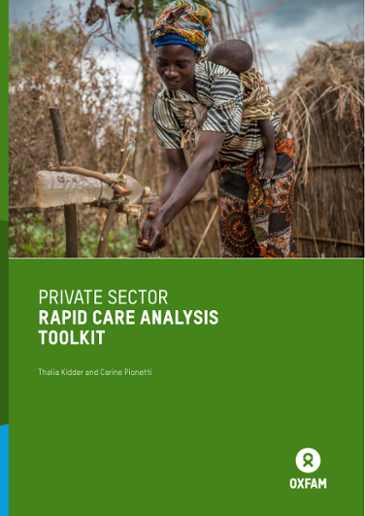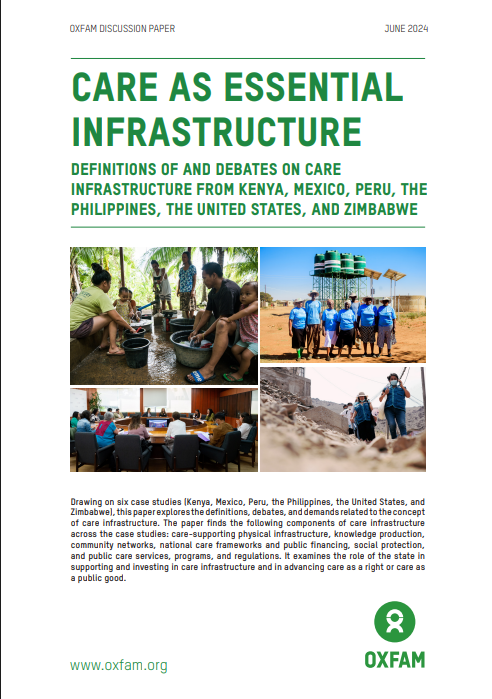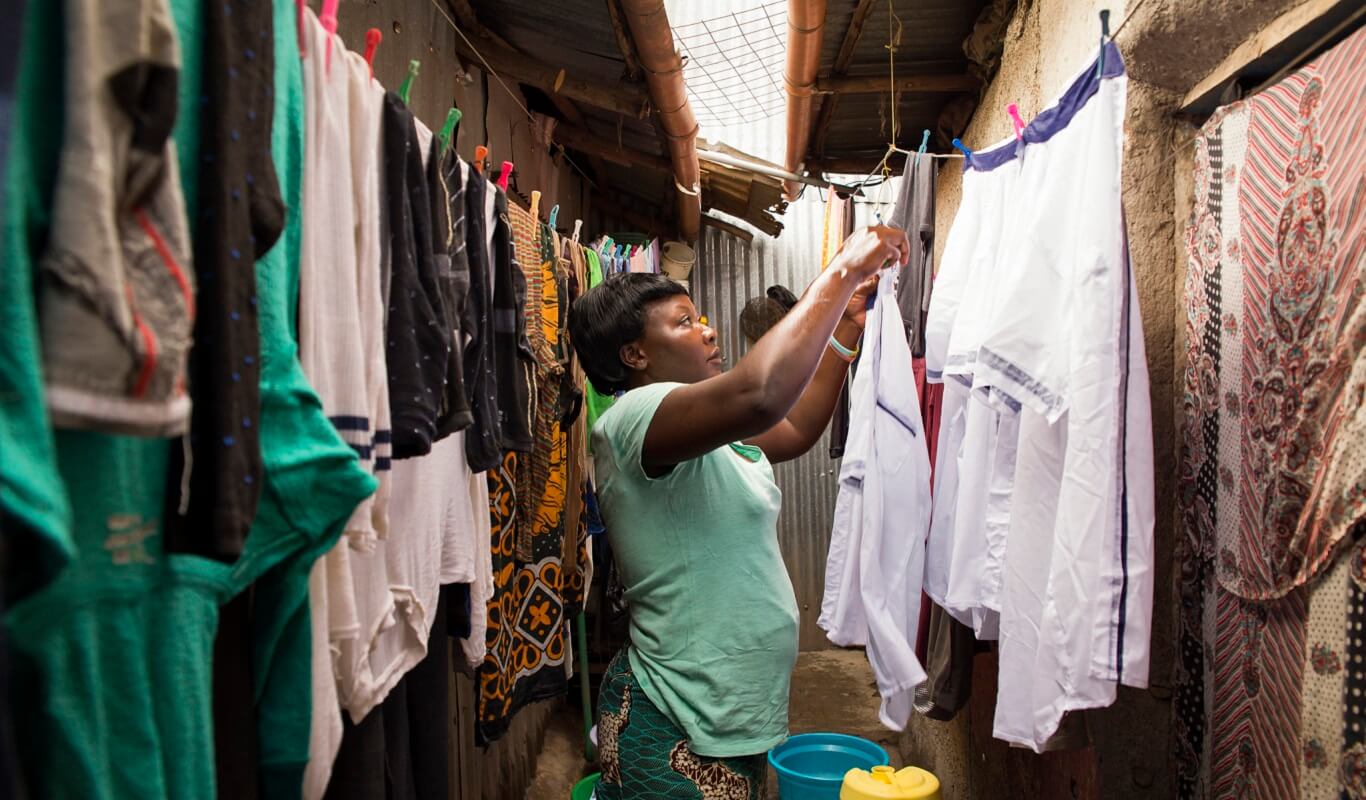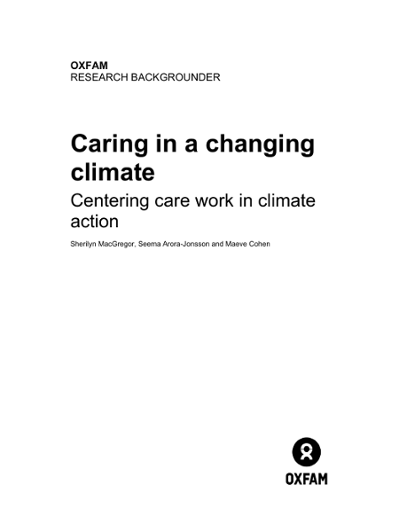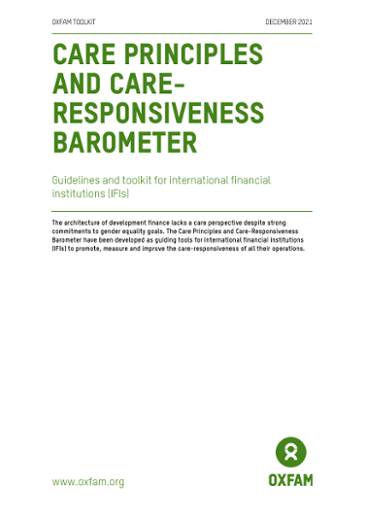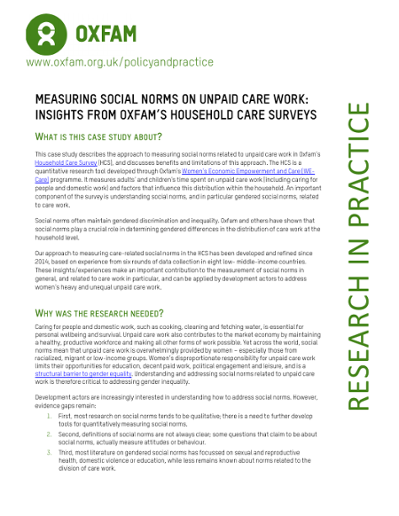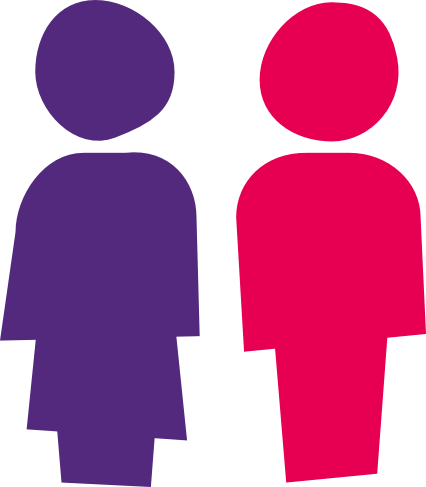Inspiring Governments to be Care Champions: How advocates are Strengthening Care Systems Around the World
Paid and unpaid care work is essential to our economy and society, covering activities such as childcare, elder care, and support for individuals with disabilities or illnesses. These efforts are vital for human well-being and form the foundation for all other work. The COVID-19 pandemic highlighted our reliance on care work and its supporting infrastructures, […]

